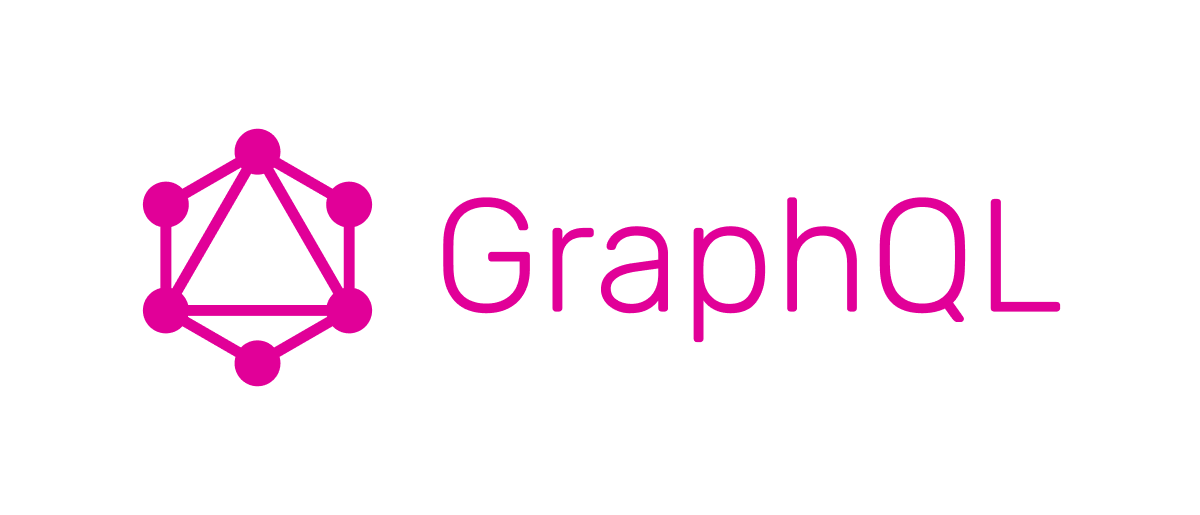Welcome to our comprehensive GraphQL course, where we'll embark on a journey to explore the world of efficient and flexible APIs. Throughout this course, we'll cover various aspects of GraphQL, from its core concepts to building, deploying, and consuming GraphQL APIs. Additionally, we'll delve into advanced topics such as pagination, authentication, caching, and real-time updates and discuss when not to use GraphQL and the best practices to follow.
The course structure
Our adventure begins with an introduction to GraphQL, where you'll get acquainted with its brief history and learn how it compares to traditional REST APIs. We'll then dive into the core concepts of GraphQL, helping you understand the intricacies of GraphQL queries, mutations, and subscriptions, as well as how to tie everything together with schema and resolvers.
The course is structured to balance theoretical knowledge and practical application. To ensure a well-rounded learning experience, we'll work on a fun and engaging project - Planetary Party Planner. This hands-on project is designed to include the nuisances of a real-world GraphQL API. We will explain intricate concepts in GraphQL across different chapters taking examples from building the project.
Once we are comfortable with the core concepts of GraphQL, we will focus on how to build large GraphQL APIs — detailing different approaches such as Schema-first and TypeScript-first. We also discuss the many options to deploy GraphQL APIs — from servers in edges to completely serverless ways.
And that's just the beginning; we'll also dive into frontend development with GraphQL, comparing powerful client-side tools like Apollo Client and URQL, and detailing how to use URQL to consume the APIs you've built in a React application. This hands-on approach will arm you with the skills necessary to create seamless and efficient user experience — ensuring that you're well-versed in integrating GraphQL into any modern frontend development frameworks.
As the course progresses, we will delve into advanced GraphQL topics, including schema stitching, pagination, authentication, real-time updates using subscriptions, version control, and edge caching. These advanced techniques will enable you to address even the most complex data requirements in your applications. Furthermore, we will discuss practical and battle-tested recommendations for designing GraphQL APIs, as well as when to use GraphQL and when not to.
Who is this course for?
If you're a full-stack developer, GraphQL is an essential skill for you. For frontend developers, learning to understand and consume GraphQL APIs is important to stay current in the field. Backend developers will find that using GraphQL is key to building modern APIs. Additionally, those in roles such as technical product management can benefit from understanding GraphQL, as it helps in making informed technical decisions while designing a product plan. In short, this GraphQL course is relevant and useful for a wide range of professionals looking to enhance their skillset.
Let's get started
Get ready to immerse yourself in GraphQL as we embark on an exciting journey through this powerful query language. With dedication and focus, you'll master the art of creating and managing data-driven APIs that are efficient and flexible. So, let's get started on this incredible voyage with GraphQL!




